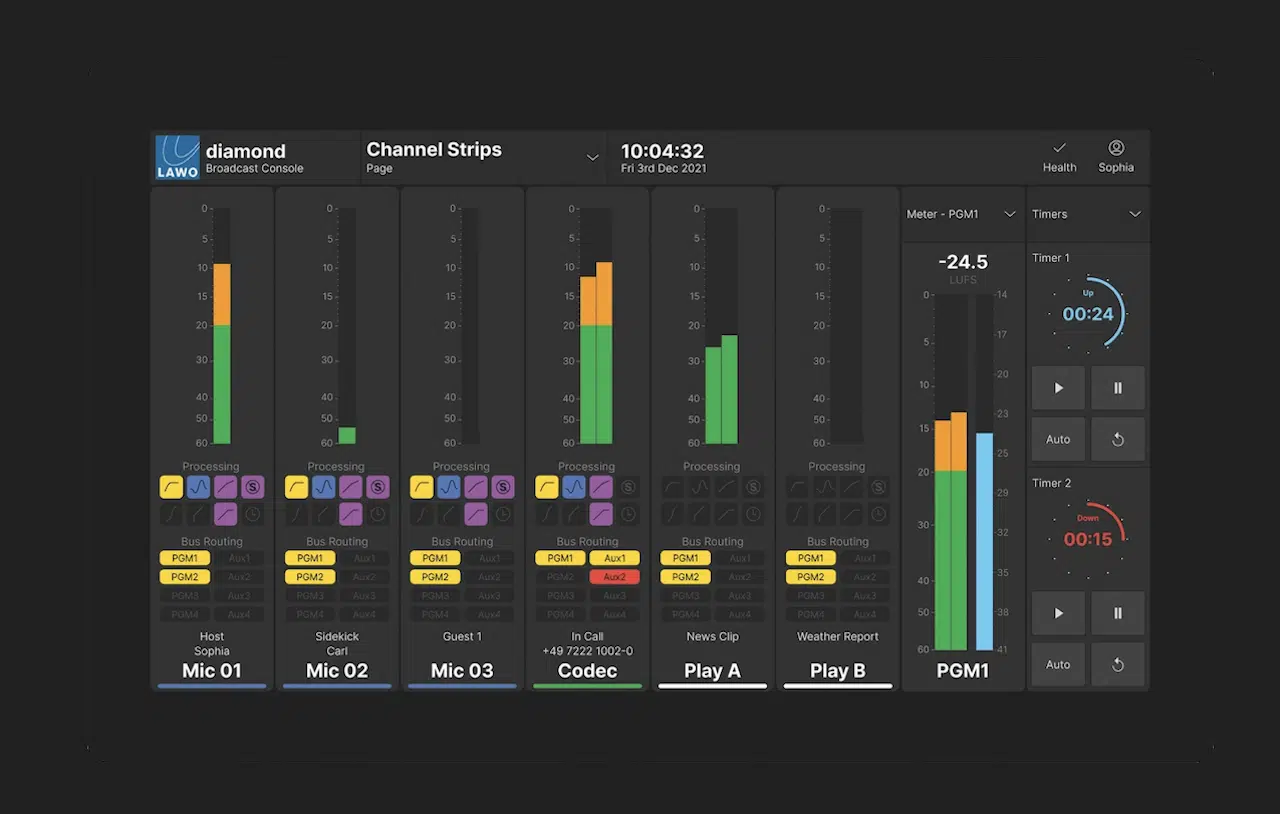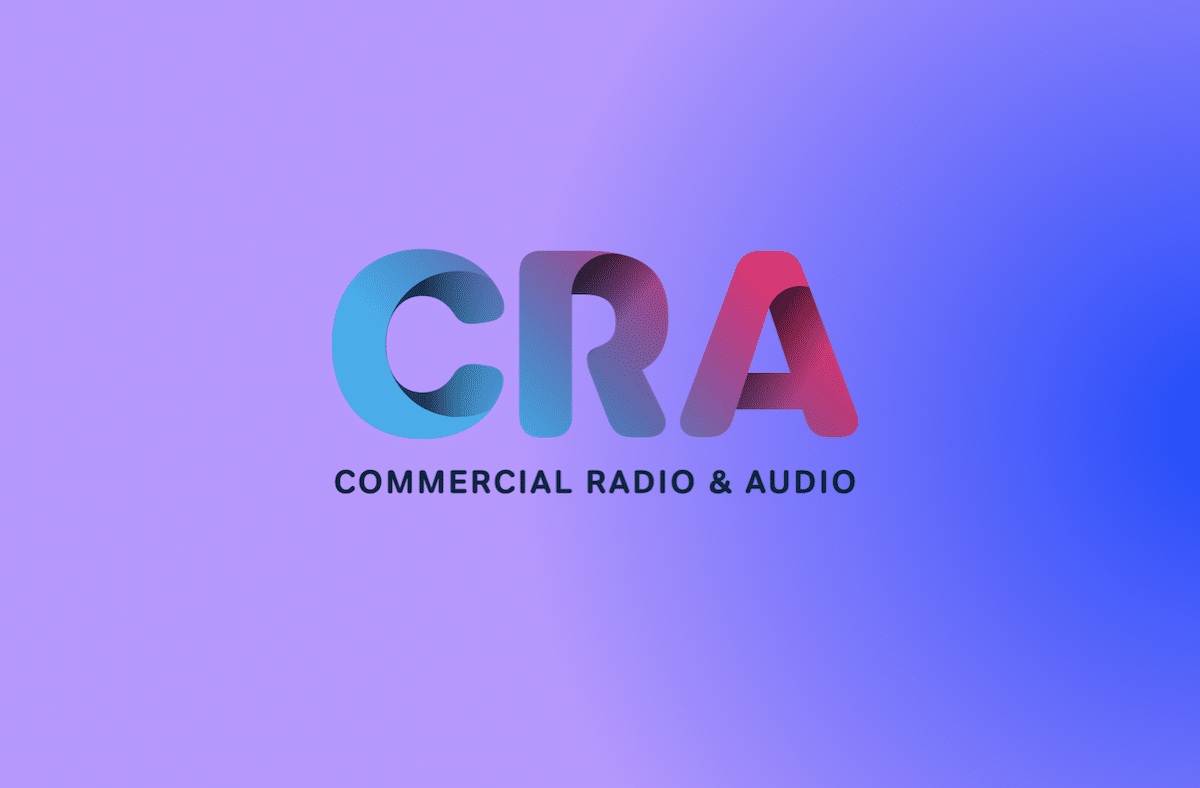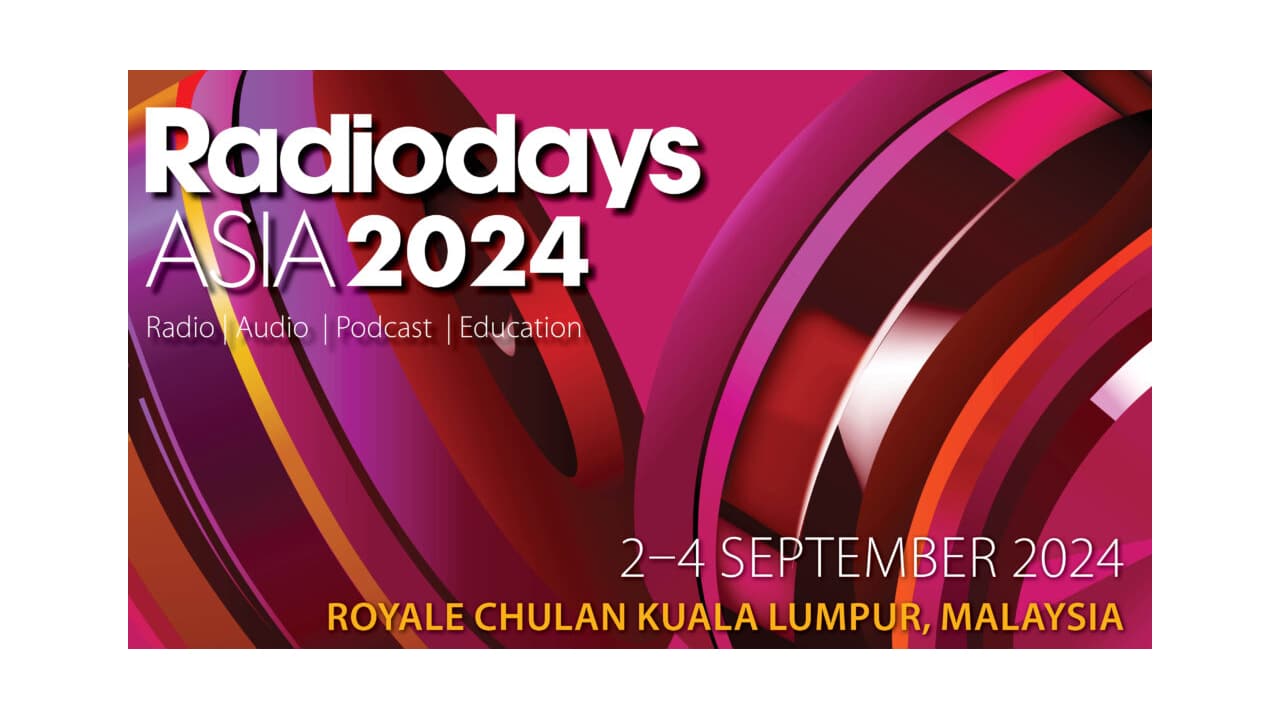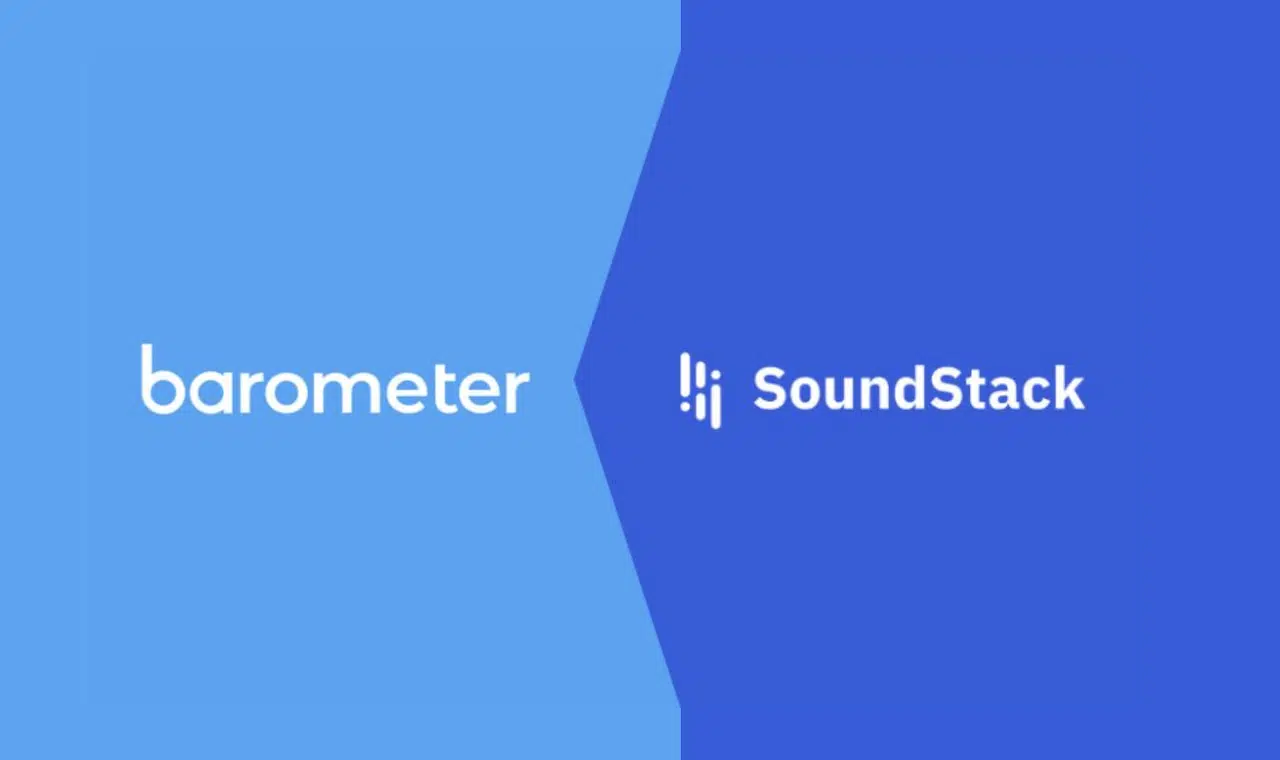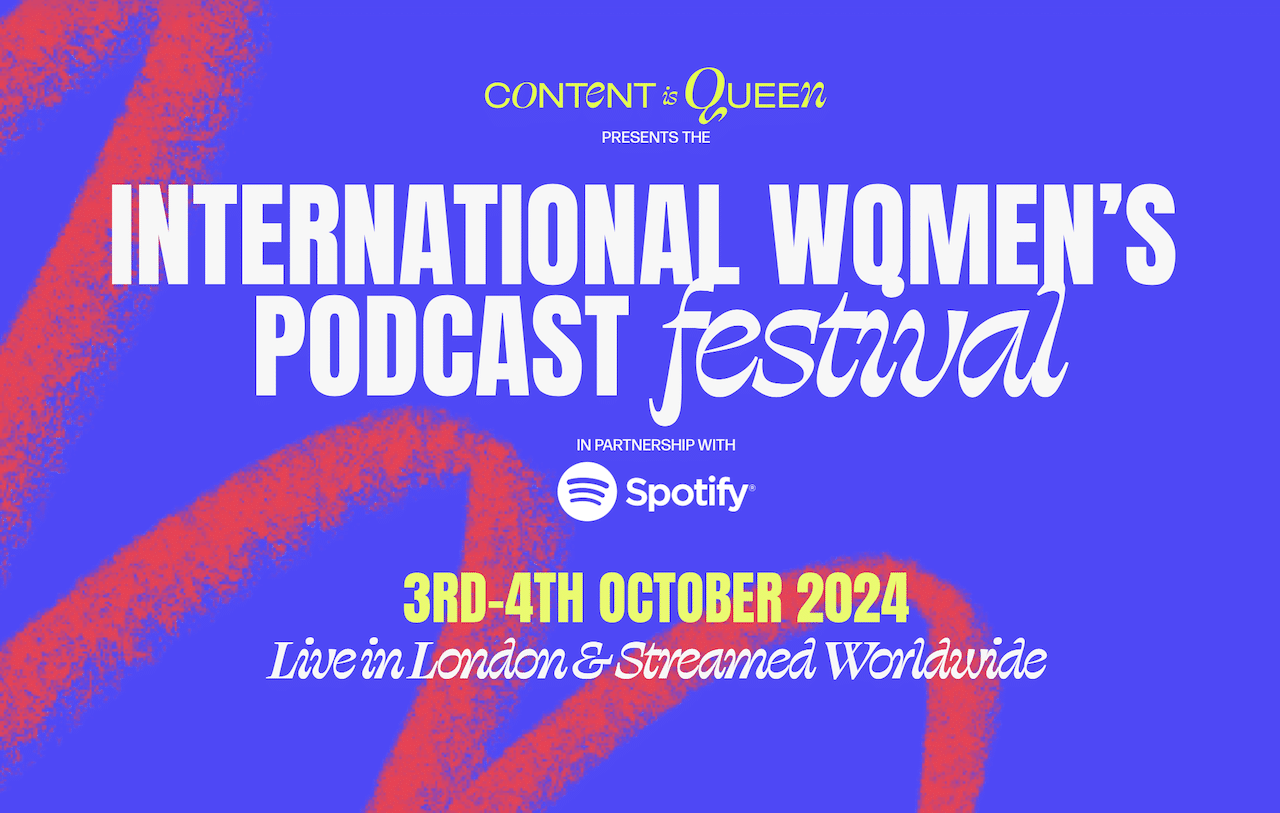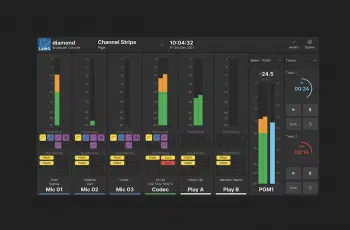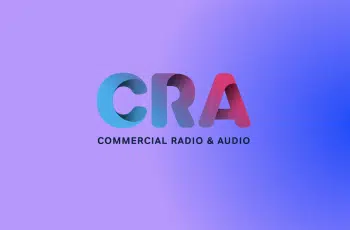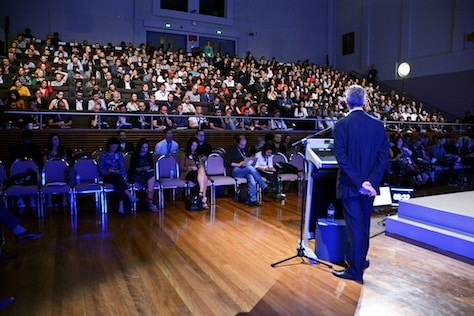
RedTech spoke to Australia-based James Cridland, a radio and podcast consultant and the founder of Podnews, about the state of the podcast market around the world. He provides insight into how Covid-19 has impacted this industry and offers some advice about how both podcasters and radio broadcasters should move forward.

RedTech: How does this new season look for the podcast world?
James Cridland: It’s an exciting time. Podcast revenue increased by 48% last year, and is still increasing even through the pandemic. Advertisers are excited about what podcasting has to offer — a medium that we listen to, rather than a medium that we have on in the background. Our newsletter has had significant growth in subscribers, as the industry grows.
RT: How has COVID-19 impacted podcasters and podcast production?
Cridland: The amount of new podcasts has continued to increase at a rapid rate with a record number of new shows in March, April and May. Podcast hosts have been overwhelmed with new customers. It’s much easier to make a podcast while under lockdown than to produce any other form of media, so the growth of podcasts has been faster than ever.
Growth Forecast
RT: The previous season was marked by numerous acquisitions of businesses by major groups. Which ones have caught your eye?
Cridland: This year, SiriusXM, a United States-based satellite radio company, bought podcast host Simplecast, podcast ad network Stitcher, and a minority shareholding in SoundCloud. It already owned Pandora and audio ad tech company AdsWizz. SiriusXM is very clearly focused on podcasting. And, of course, we’ve seen Spotify doing all kinds of deals for content, including with Michelle and Barack Obama and Joe Rogan. Meanwhile Apple, which directed the podcast revolution for so long, appears to be asleep. It will be interesting to see if Apple is prepared to give podcasting away.
RT: What are the international (and non-English) growth forecasts for podcasts in 2020 ̵2021?
Cridland: Non-English podcasting is growing faster than English shows. For the first time ever, there were more non-English podcasts in Q2 2020 than English ones. That’s a significant change — and it will be good for many listeners across the world to have more content in their own language.
One exception though is French-language podcasts: They’re growing very slowly in comparison to most other countries. Part of that may be Radio France, which produces good content but doesn’t publish its shows on many podcast apps, and encourages listeners to download their own app instead. In the United Kingdom too the growth of podcasting appears slow in comparison to many other countries, and the BBC promotes its own app very strongly as well. The failure of Majelan to succeed as a premium podcast app may also have caused a lack of confidence in the marketplace.
Podcasts and Radio

RT: Today are podcasts serious competitors for radio?
Cridland: If you look at audio consumption, older listeners mostly consume live, linear radio. But younger listeners use a lot of on-demand audio (more than live). That is partially things like Deezer and Spotify, but also podcasts as well. The idea of waiting for content you are interested in seems very old-fashioned to these listeners. This has coincided with a lack of investment in radio programming, and a clear drop in audience levels. But radio is not competing with podcasting. Radio broadcasters make great audio content and are able to offer that audio content on-demand. Instead of making live radio first, and editing it for on-demand after, we should think about making audio for on-demand as well as for on-air broadcasting.
RT: What are, in your opinion, the three podcasts we can’t miss this season
Cridland: There are a wide range of shows. I enjoy “The Daily” from the New York Times. It’s a refreshing and interesting way to cover the news. Also, “Newsfighters” is a notable Australian satirical podcast. “Gimlet’s Reply All” is also a great listen.
RT: What advice would you give to both podcasters and radio broadcasters about how they should approach the future?
Cridland: For radio, my advice is to think of radio as audio with a shared experience and a human connection. Many radio people think of transmitters and live broadcasting — but it’s just one part of it. I’d caution us to learn from the world of newspapers. They tried to protect their printing presses rather than to consider the news.
For podcasters, I’d point to where podcasting came from: A world of collaboration and working together to grow the industry in a steady way. Podcasting is still small in comparison to other media and we should continue working together to grow. A rising tide gathers all boats, and it’s only through cooperation that this industry will succeed.



